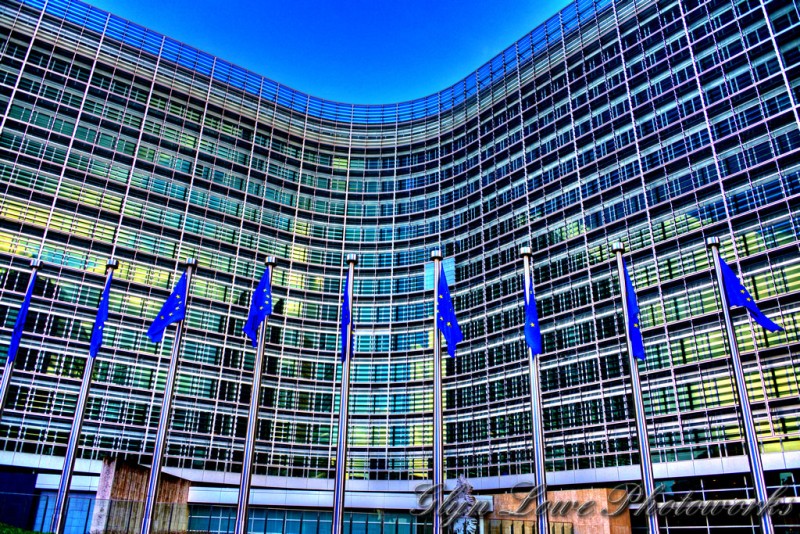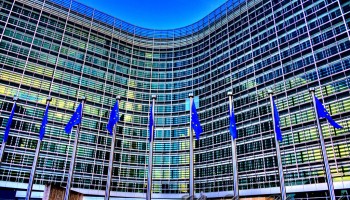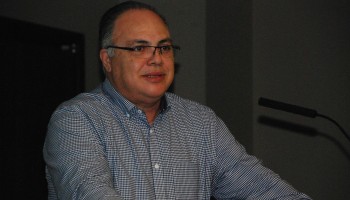Committee co-rapporteurs, Ludek Niedermayer and Jeppe Kofod spoke at a press conference of the necessity to generate “political willingness” to combat what they considered the “most serious issue” the Special Committee dealt with.
They also stressed the importance of better protections for whistleblowers and investigative journalists, and noted that the US reward system for whistleblowers should be replicated in the EU.
The report also calls on Maltese and Slovakian authorities to step up their investigations into the murders of journalists Daphne Caruana Galizia and Jan Kuciak.
The Committee was stood up almost a year ago on March 1, 2018 after numerous financial scandals from the heart of Europe came to light. The body noted there was a currently a “lack of political will to tackle” financial crime.
Citing serious financial scandals, including the Danske Bank saga and the Azerbaijan Laundromat, Niedermayer, the Czech representative to the European Parliament, said that money laundering poses a “very serious issue that is undermining society and… supporting crime and corruption.”
He added that despite efforts to strengthen legal shortcomings “we are far from being in a satisfactory situation.”
Niedermayer also spoke about the Golden Visa program and claimed the Committee found it had little economic benefit for the countries who partook in it. He urged a complete phase out of the program.
Jeppe Kofod, a Danish representative to the European Parliament, spoke of a lack of a centralization approach to tackling financial crimes and the fact that those who commit or facilitate financial crimes do not face consequences.
Kofod drew attention to the fact that the EU was now on the fifth anti-money laundering directive, and spoke of the difficulty of transposing directives into legislation and then enforcing that legislation.
He agreed that the Golden Visa program “constitutes a serious threat to the security of the European Union” because of the lack of checks and balances.
Seven member states have been named as tax havens which undermine the EU’s single market: Belgium, Cyprus, Hungary, Ireland, Luxembourg, Malta and The Netherlands.
The Committee met 33 times, held 18 public hearings, three discussions regarding thedraft report and went on fact finding missions to Washington, Latvia, Isle of Man, Estonia and Denmark.
A draft version of the report was debated at the committee’s November 2018 meeting, after which 1,284 amendments were discussed at a January 2019 meeting. The report will be put to the vote of the whole EU assembly in coming weeks.






